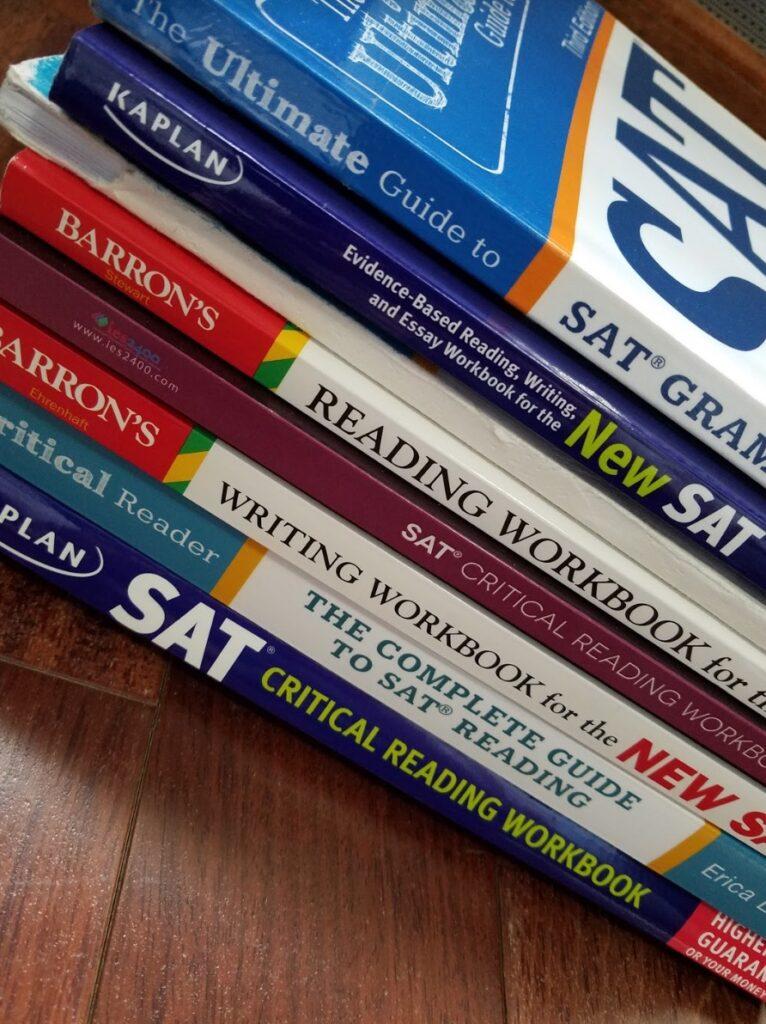
By Emmanuelle Monahan, Staff Writer
It’s no secret that this year’s college application process looked very different from previous years. As students of all ages adjusted to a new virtual learning environment, seniors faced an additional challenge: learning to navigate this complicated and demanding process, all from their own living rooms. In this new environment, many seniors struggled to keep track of the various college deadlines and requirements. Under normal circumstances, students were able to travel just down the hall to the guidance office; at home, however, interacting with counselors proved to be a challenge, leaving many feeling uncertain in their college process. Looking back, one thing is clear: coupled with the tendency of THHS students to be hesitant in reaching out for additional help, these obstacles demonstrate a need for more counselor interaction. With a new admissions cycle on the horizon and education remaining virtual for the foreseeable future, students would greatly benefit from increased personal engagement with guidance counselors.
Recommendations, supplements, Common App essays, financial aid: these are just some of the many elements students must keep track of when applying to college. Managing all of this, while keeping up with schoolwork and extracurriculars is no easy task during a normal year, let alone during a pandemic. Over twenty seniors shared with The Classic that they had trouble keeping up with different deadlines and application requirements, with sixteen claiming the virtual nature of the process made managing these requirements more challenging. Future applicants will require more support.
In any year, several students at THHS will be first generation college students, meaning that their families have never gone through anything quite like this before, and likely have a lot of questions about this seemingly daunting and complex experience. Concerns exist even for students whose parents attended college, as these applications have changed a lot over the years. Compounding these more common concerns is the isolation most families now face, further complicating their ability to obtain answers.
In an attempt to allay these concerns in the new remote environment, the guidance department held virtual meetings every Friday in the fall providing seniors with information on the college process and answering questions in real time. While these meetings are helpful for providing general information, without the aforementioned ability to frequently go to the guidance office for individual questions, some students found the process more frustrating because of the difficulty involved in seeking out answers. The college application process is different for everyone, and each student requires varying forms of information and support. It’s clear that an alternative form of counselor engagement is needed.
As it stands now, students meet individually with their guidance counselors twice throughout their college process—first in the spring of junior year, when they are just beginning to research schools, and again in the fall, a few weeks before applications are due. These one-on-one meetings are a great opportunity for students to discuss their applications and ask specific questions; however, having them only on the bookends may be insufficient for some. This is not to say that students are unable to schedule additional meetings, as these are always available to them upon request. However, students need more communication to let them know that they can schedule additional meetings if necessary. The complexity of the application process combined with insufficient communication regarding how to tackle its many parts often results in some students being unaware of the fact that they are missing things and require additional help.
Of course, students are responsible for their own applications. Many Harrisites tend to be hesitant when it comes to reaching out and requesting counselor help when struggling. Students should take more initiative and responsibility during their application process. However, this hesitancy only makes the benefits of increased interaction greater. A stronger network of communication and guidance will provide students with a higher level of support and, in turn, make them feel more comfortable seeking out additional help.
Seniors may be coming to the end of their application process, but for juniors, this journey is just about to begin. With the combination of learning likely remaining remote in the spring and the many recent application alterations, the guidance department should quickly consider ways to communicate to juniors about how they can receive increased individual attention when necessary.
This is not to say that counselors should just add more Zoom meetings for all individuals, which would be difficult. Rather, all counselors should consider implementing weekly virtual office hours, as well as sending out surveys to check in with students on the status of their applications and provide them with the opportunity to ask questions. Additionally, senior meetings can be made more productive by creating breakout rooms, in which students and counselors are divided into smaller groups so that a greater number of questions may be addressed. Lastly, counselors should consider compiling all application information in one central location, such as a Google Classroom page, in order to make this information more accessible. While individual counselors may do some of these things already, it would be helpful if there was consistency with all counselors.
With a new application cycle beginning, now is the time to consider new methods to increase counselor-student interaction. Harrisites are some of the most independent, self-driven students in the city, but this difficult journey isn’t one to be navigated alone. Tackling the college process during these unprecedented times is a challenging task, but with the hard work of our students and the full support of our guidance counselors, we can ensure that no student falls through the cracks.




























